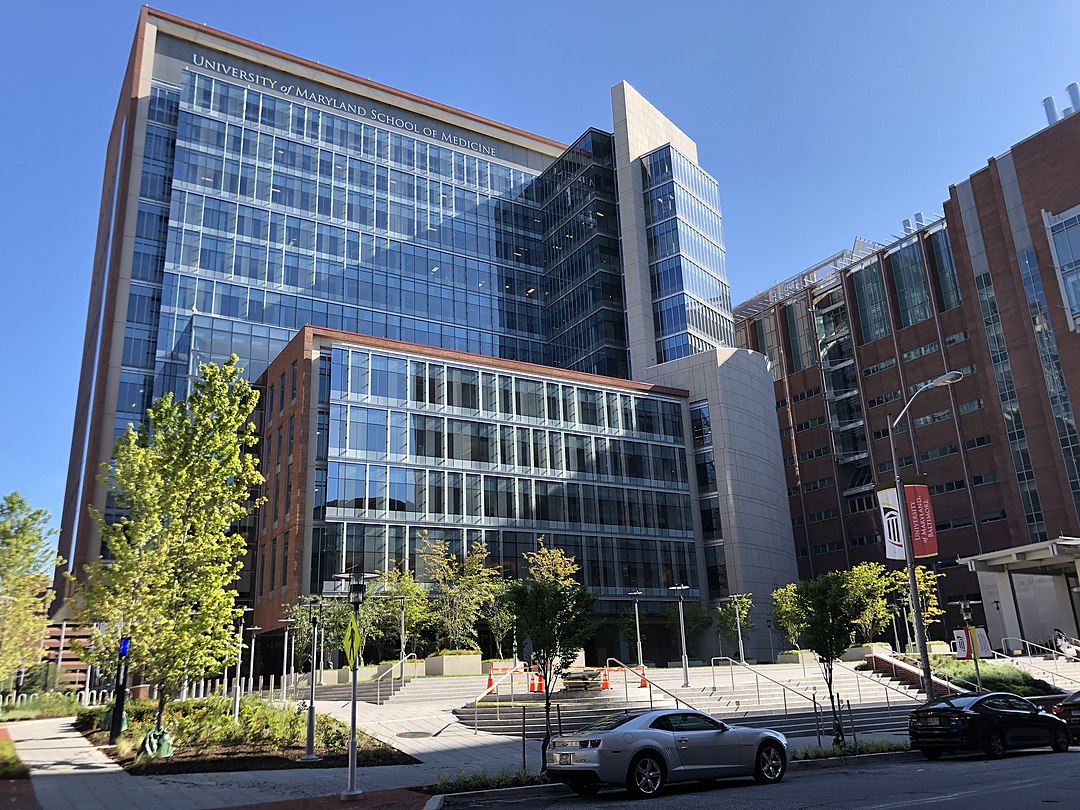Views expressed in opinion columns are the author’s own.
Texas’ absurd stance on abortion nearly killed Amanda Zurawski.
At a U.S. Senate hearing last week, she explained how her water broke at 18 months, leaving her vulnerable to a potentially deadly infection. Doctors told her the baby would inevitably die, but due to the state’s anti-abortion laws, they had to wait for a loss of the baby’s heartbeat or for her to develop a life-threatening physical condition before performing a standard abortion procedure. Zurawski went into septic shock before doctors administered abortion care. They had to watch her nearly die before they could legally do anything.
States continuing to ban abortions is bad enough, but after the overturning of Roe v. Wade, abortion education in medical schools has become lacking. This is detrimental in so many ways. Even amid laws that prevent abortions in some states, medical students should still know how to perform these life saving procedures.
Formal abortion training at medical schools was sparse even before the Dobbs v. Jackson ruling that overturned Roe v. Wade. Now, professionals predict that training’s availability will plummet. States that have banned abortion after the Dobbs ruling have also shut down abortion clinics that provide students hands-on experience with abortion procedures.
Governments need to stop closing clinics because they hate the idea of abortion. Officials need to look ahead and realize the impact of their actions. Fewer doctors with knowledge of the different types of abortion procedures will lead to more women facing serious health risks — even when obtaining an abortion is an exception to otherwise restrictive laws, as was Zurawski’s case.
If strict abortion laws continue forcing abortion clinics to close, fewer medical students will have access to effective abortion procedure training. Some medical students take matters into their own hands and go abroad to get the education they need, but what happens to students without the funds to travel?
If there’s one thing the overturning of Roe v. Wade should teach medical schools, it’s that policies can change quickly. Just last year, my right to an abortion was safe anywhere in the United States. Now, less than a year later, I have to be wary of where I go because abortion is banned or restricted in 19 states.
Quick policy changes that grant women abortion access can — and hopefully will — happen in the near future. When this happens, what do those new doctors that weren’t able to get proper abortion training do?
Without access to legal, safe abortions, some women resort to more dangerous methods. Already, there are 25 million unsafe abortions around the world every year. And if there are not enough doctors able to help, more women will go through serious injuries and even die. Not every woman will be as lucky as Zurawski and get to a hospital in time.
Rulings can change, but the need for abortions won’t. Medical school educators should know that no matter how major a ruling is, there is always a chance that it can get overturned. The world of politics and the world of medicine do not travel at the same pace.
Learning anything takes time, and that time should not be skimped when it comes to life or death medical care. Doctors need enough time to practice procedures to perform them safely. Even though policies can change quickly, doctors can’t rush learning how to perform abortions. Doing so might cause mistakes that could have serious health consequences on the patient. Medical schools are the safest environments to practice getting it right.
Advocates against abortion may worry that if doctors know how to perform abortions, they might do so illegally. That just isn’t the case. Medical students often don’t know where they will practice medicine, so having knowledge of how to perform abortions could help in emergency cases or if they work in a state where abortion is legal and urgently necessary.
In a perfect world, women would have full rights to their bodies without any government bans restricting their reproductive rights. Unfortunately, in the United States that is not the case. Government officials should consider future implications instead of living like the present is the only reality. Closing clinics where students get hands on abortion training and not considering how abortion bans will impact medical training is downright stupid.
Medhanit Desta is a freshman undecided engineering major. She can be reached at mdesta@terpmail.umd.edu.



